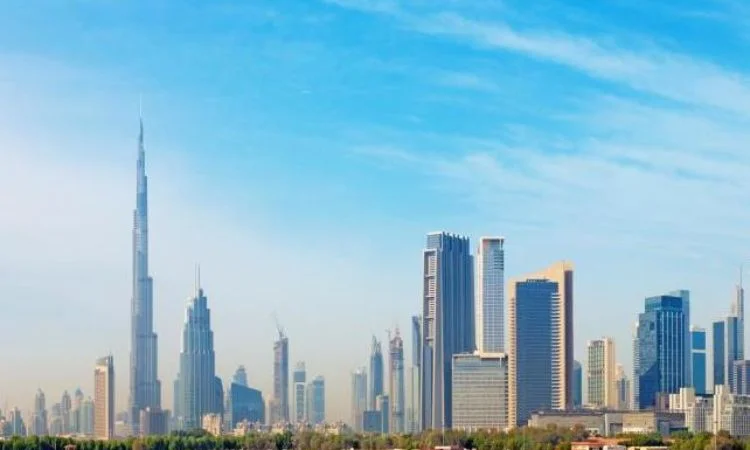The Dubai International Association has been very successful in attracting small and medium enterprises (SMEs) from all parts of the world to set up business activities in Dubai. According to data released by the Association, a total of 104 SMEs were attracted to Dubai throughout 2023, representing an impressive annual growth rate of 550% .

The Middle East and Eurasia region contributed the largest share of these SMEs at 32%. Countries within close geographic proximity to Dubai have long viewed it as a strategic location for business expansion given the cultural and economic ties. However, the Chamber’s growing international network of representative offices is helping to bring more opportunities from further afield as well.
Coming in second was Asia and Australia with 29% of attracted SMEs. As Dubai continues developing itself as a central hub connecting the East and West, Asian companies in particular have taken notice of the emirate’s potential to reach new markets. With trade routes and airline connections flourishing, it is becoming easier than ever for Asian entrepreneurs to establish a presence and gain exposure across the Middle East, Africa and Europe through Dubai.
Latin America and Europe each accounted for 26% of SMEs respectively. This highlights Dubai’s growing success in diversifying its trade partnerships well beyond its traditional spheres of influence. Targeted promotion by the Chamber through its overseas offices has paid dividends in bringing new opportunities from new regions.
Rounding off the top regions was Africa at 13%. As Dubai strengthens economic cooperation with African nations under initiatives like the African strategy, more African SMEs are leveraging the emirate as a regional gateway. With shared development priorities in areas like logistics, infrastructure and renewable energy, African startups have found an amenable environment to test ideas.
On the sectoral front, trade and logistics topped the list at 17% of attracted SMEs – reflecting Dubai’s central position astride global trade flows. Information technology came next at 13%, underlining how Dubai is fast becoming a technology and innovation hub. Other prominent sectors included food and agriculture, healthcare, public services, financial services and real estate.
The Chamber’s President Mohammad Ali Rashed Lootah attributed the success to Dubai’s stable business environment, progressive regulations and diverse opportunities across emerging industries. With 50 international offices targeted by 2030 under the Dubai Global initiative, the Chamber is well-placed to sustain this momentum and bring more quality investments that create jobs and economic value for Dubai’s growing knowledge economy.
As Dubai cements its status as a preferred global business gateway, the Dubai International Chamber will continue playing a pivotal role in attracting high-potential startups from new frontiers worldwide and integrating them into the emirate’s vibrant commercial landscape. This expanding network of international entrepreneurs will help take Dubai’s business reputation to even greater heights on the global stage.














